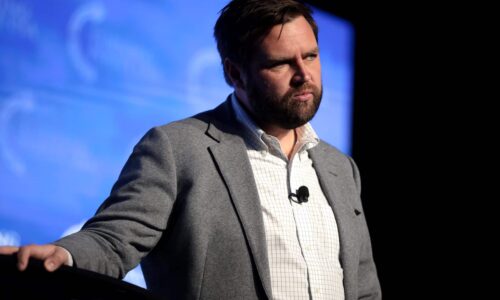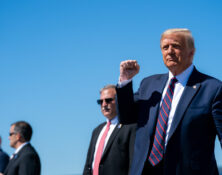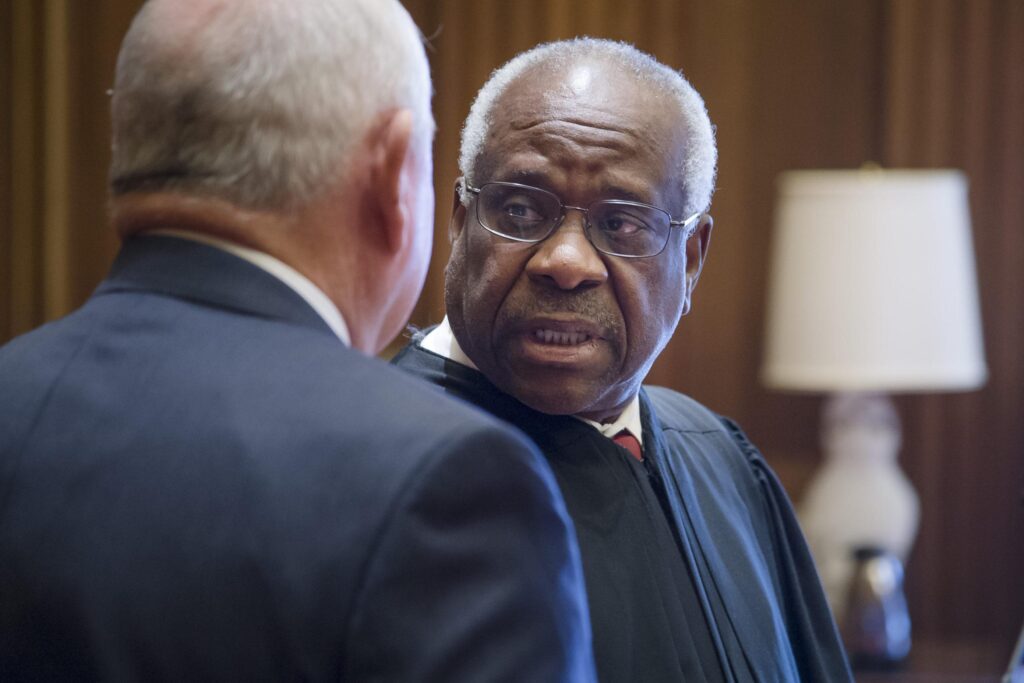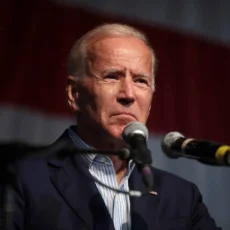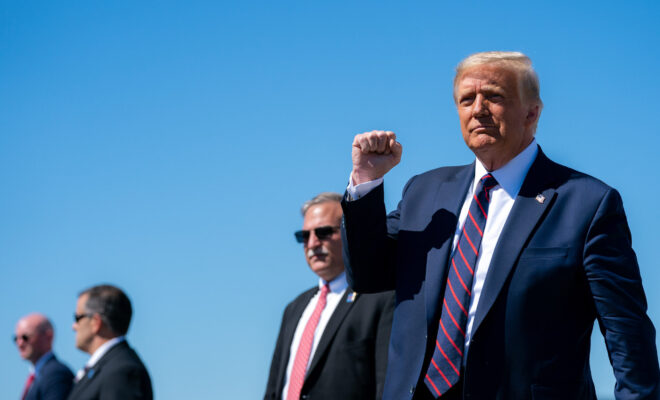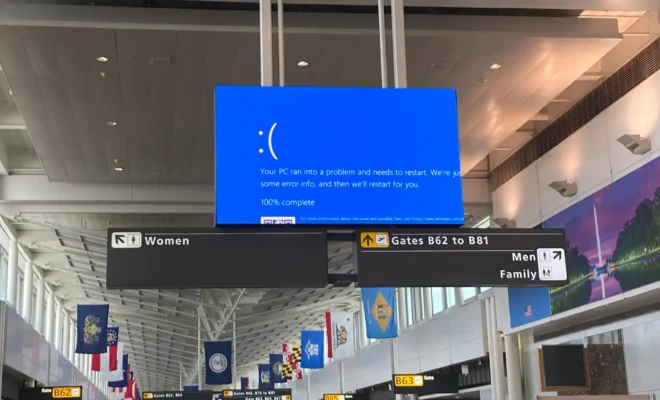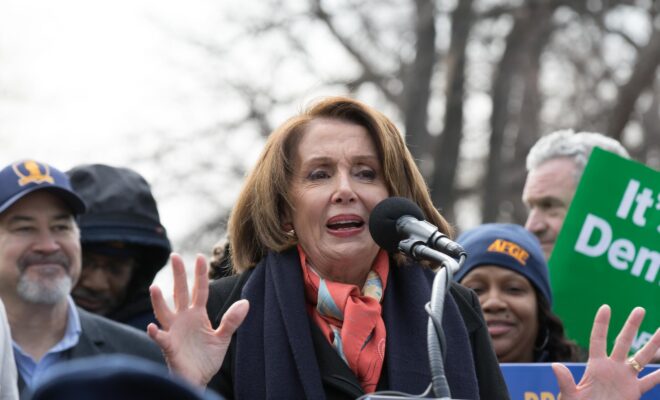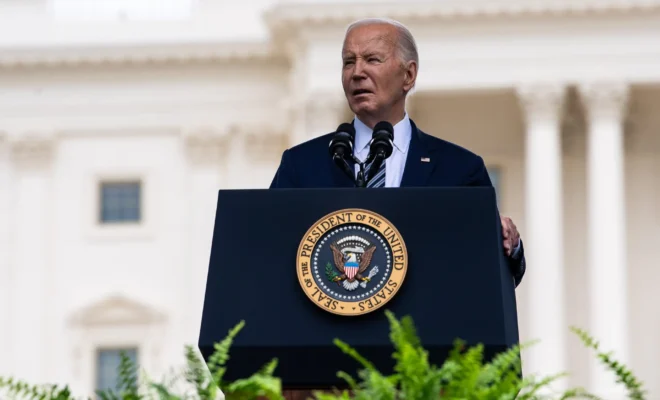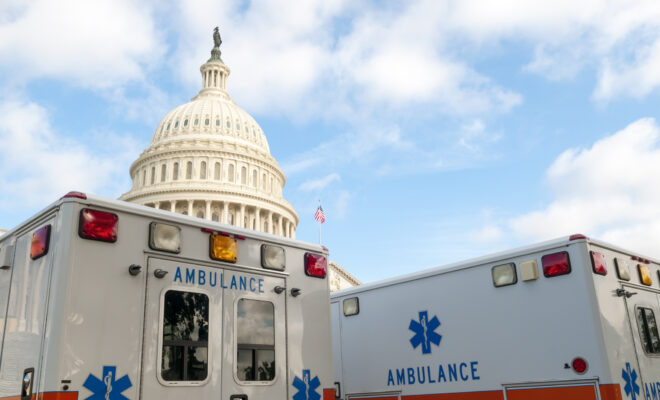Supreme Court Justice Clarence Thomas recently hinted that Section 230, “the twenty-six words that created the internet” could be up for some changes if he has anything to say about it. Section 230, in simple terms, grants immunity from civil liability for third-party content hosted on “interactive computer services.” In practice, it basically means that a website cannot be held liable for what other people put on its platform. This interpretation has led to sweeping immunity for today's tech platforms, something that Thomas has spoken out against.
As relevant here, this expansive understanding of publisher immunity requires dismissal of claims against internet companies for failing to warn consumers of product defects or failing to take reasonable steps “to protect their users from the malicious or objectionable activity of other users.” The Texas Supreme Court acknowledged that it is “plausible” to read 230 more narrowly to immunize internet platforms when plaintiffs seek to hold them “strictly liable” for transmitting third-party content, id., at 90–91, but the court ultimately felt compelled to adopt the consensus approach…We should, however, address the proper scope of immunity under 230 in an appropriate case.
This is not the first time that Thomas as argued against the current interpretation of section 230. He has repeatedly asserted that the that expansive interpretations of Section 230 from 1996 onward may clash with the original text. He contends that arguments favoring this broad immunity “rest largely on ‘policy and purpose'” instead of the statute's plain text. In October of 2020, during the case of Malwarebytes, Inc. v. Enigma Software, he challenged previous decisions by the courts, writing that their interpretations have “long emphasized nontextual arguments,” leaving “questionable precedent” in their wake.
Many republicans have long sought to see section 230 reigned in, as a way to punish social media companies for what they feel as being “unjustly censored” on these platforms. Twitter's suspension of President Trump saw many call for a review of the kinds of immunities these tech companies are given. To Thomas, Twitter's ban of Trump exposed the potential abuses of this legal protection, noting how “applying old doctrines to new digital platforms is rarely straightforward.”
Thomas went on:
“As Twitter made clear, the right to cut off speech lies most powerfully in the hands of private digital platforms. The extent to which that power matters for purposes of the First Amendment and the extent to which that power could lawfully be modified raise interesting and important questions,”
Even Harvard Law School's Evelyn Douek argued that Twitter's booting of Trump may just be the action that leads to a stripping of social media platforms' legal protections.
I've said this repeatedly, but it was terribly short-sighted of liberals to unquestioningly celebrate the unaccountable deplatforming of Trump (not to mention everyone else swept up) as an exercise of private power and cede the point that regulation might actually be beneficial https://t.co/9pObkYY51A
— Evelyn Douek (@evelyndouek) April 5, 2021
Only time will tell if Thomas will get his wish and the Supreme court will be able to take a look at possibly reforming section 230 with a new, and updated, interpretation.
The opinions expressed in this article are those of the author and do not necessarily reflect the positions of American Liberty News.


